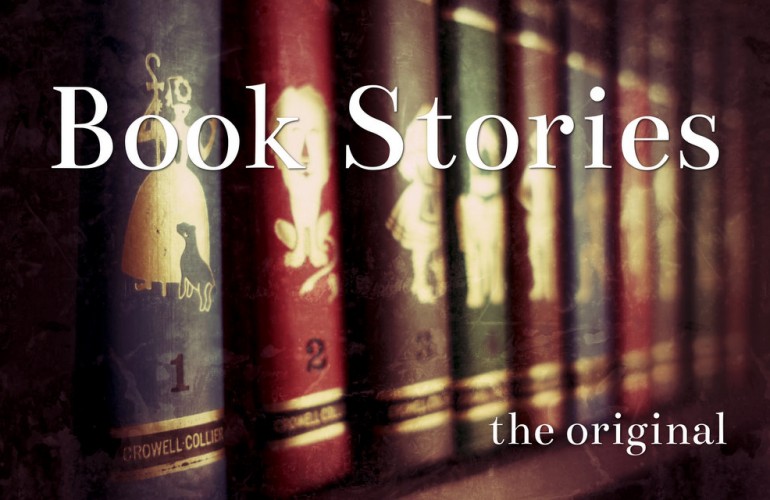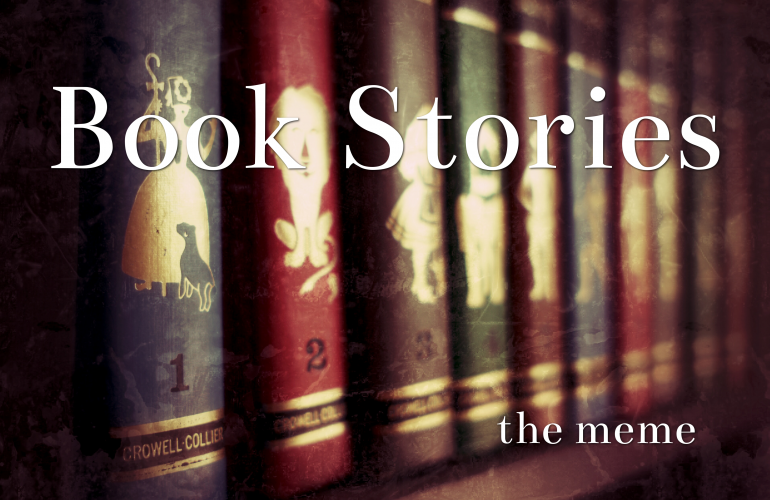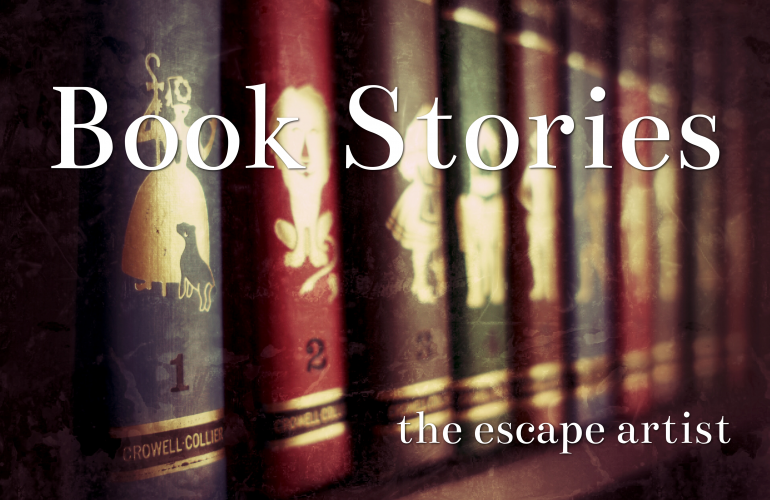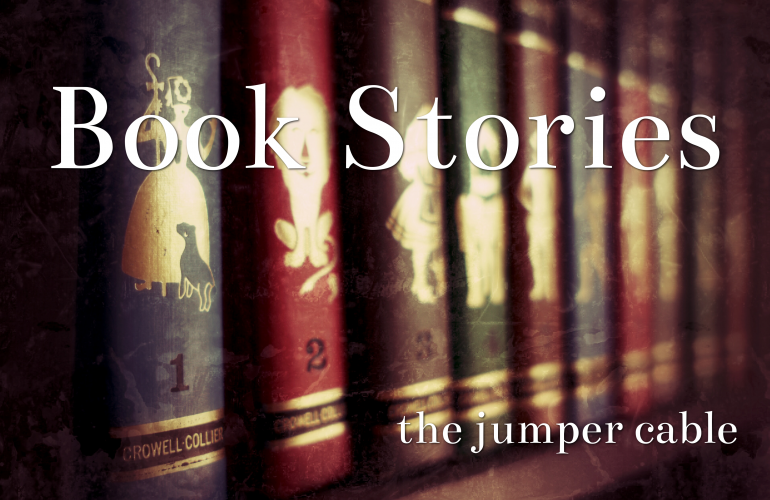On the recommendation of about half my social media feed, I finally checked out the novel Lila a few weeks ago. (A digital library account is an expat girl’s best friend.) In case you haven’t heard of it, the book centers on a woman who grew up as a family-less migrant worker during the Dust Bowl years, and at first, I was sure the story was going to end as gritty and bleak as its historical setting. In fact, I put it down about a third of the way through and had to talk myself into picking it back up a week later. I was so wary of letting myself be dragged into a fictional despair.
By the end of the book though, I understood how Marilynne Robinson had won a Pulitzer for Lila’s prequel. Her writing transported me simultaneously out of my life and into a deeper plane of it. The final chapters were so stunning, so honest and tender and hope-spun, that I just sat with the finished book for a while keeping company with my own experience of it.
And these were my first two thoughts, in order of appearance:
- That book was so inspiring. I can’t wait to crack open my laptop tomorrow morning and work on fleshing out some storylines of my own.
- That book was so intimidating. How can I possibly write another word of my own knowing that artists like Marilynne Robinson exist?
This is the black hole into which creative types have been tripping since that first cave man thought to contrast his stick-mastodon with that of his neighbor. Comparison is a void from which not even light can escape. I know that. We all know that. And yet…
It’s so easy to let someone else’s work mean something about my own, especially when that work induces some kind of emotional reaction in me. “I love that book” turns almost automatically into “I could never hope to write something like that;” “I hate that book” blurs immediately into “I could do so much better.” And all the while, my creative, original soul shrinks further into the background, forgotten. You know exactly what I’m talking about, yes? If it’s not about art, it’s about fashion sense or professional accomplishment or interior design choices or parenting styles. We compare as if those artificial pedestals were the ground holding us up.
I’ve been in the process of figuring out where to allot my time and energy this year, and there’s a phrase I keep returning to. It’s from the Bible, actually, though you wouldn’t think it. (That’s why I love the Message version; it always surprises me.) At some point, I’m going to frame these six words in some clever Pinteresty way and paste them above my desk so that I can’t help seeing them each time I glance up:
“Each of us is an original.”
This is the bedrock under the pedestals, the antidote to the endless game of measurements. And it’s what I’ve been returning to each time I’ve lingered on the genius of Lila. It allows the book to be beautiful without it reflecting a single blessed thing on me. The relief of that cannot be overstated. It’s like unstrapping a pair of ten-pound ankle weights, or like plucking a capacity for inspiration out of thin air. The freedom to be original is Lila’s gift to me at the outset of this year. Or more accurately, it’s the gift I’m giving myself through her.
—
In this series, I’m foregoing traditional book reviews and instead sharing Book Stories—why certain books have impacted me, how they’ve entwined themselves through my life, and what the long-term effects are. After all, what better way to talk about stories than through the medium of story?
(If you have your own close encounter of the literary kind you’d like to share here, just send it on over to hello{at}bethanybassett{dot}com.)








